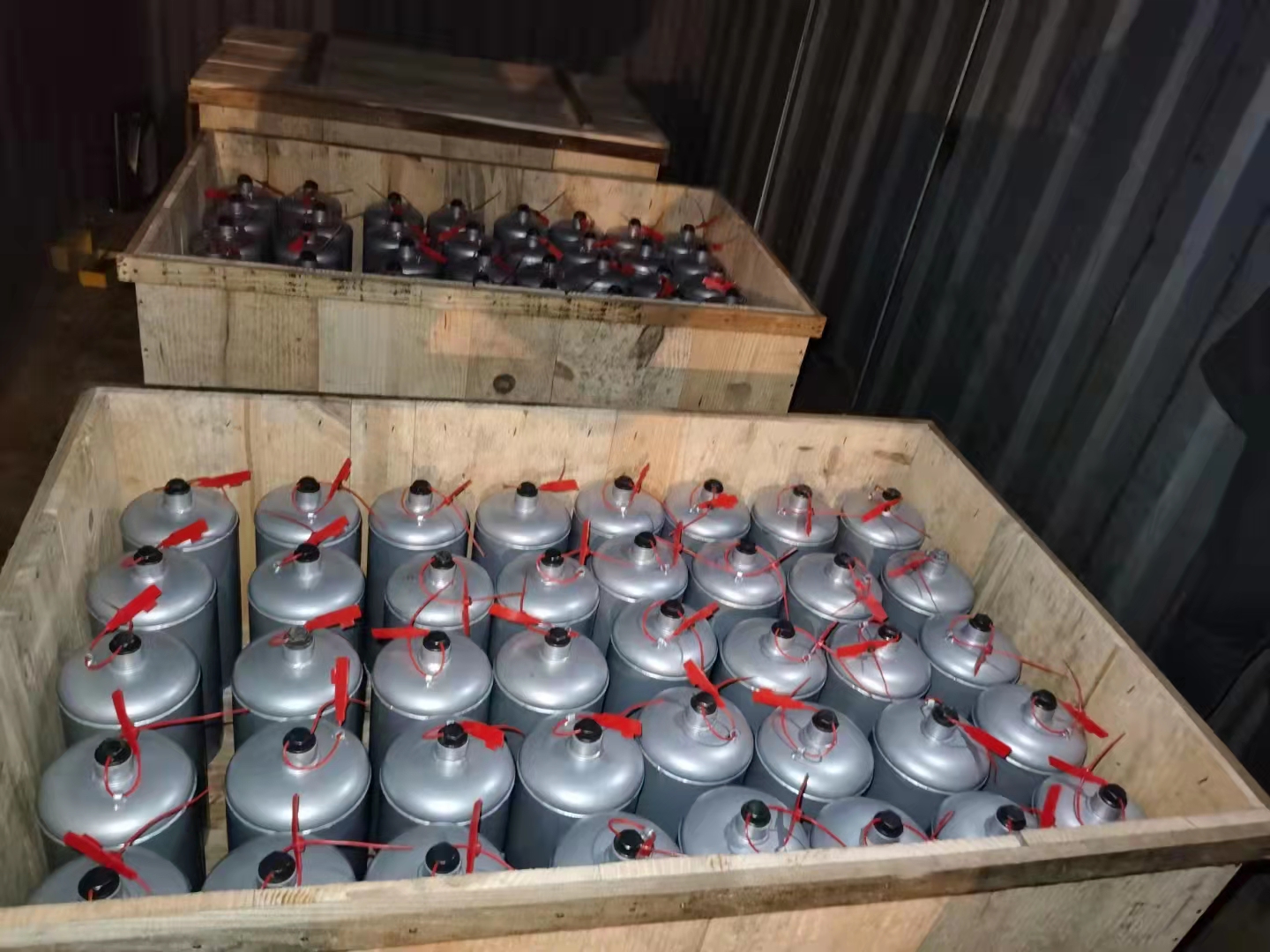
- +86-13363869198
- weimiaohb@126.com

Okt . 16, 2024 19:20 Back to list
what are drug intermediates
Understanding Drug Intermediates Key Players in Pharmaceutical Production
In the ever-evolving landscape of pharmaceutical production, drug intermediates play a crucial role in the synthesis of active pharmaceutical ingredients (APIs). These intermediates are the chemical compounds that are formed during the various stages of the drug manufacturing process. They are not the final products but rather essential building blocks that enable the transition from raw materials to complex medicines. In this article, we will explore the significance, classification, and challenges associated with drug intermediates in the pharmaceutical industry.
What Are Drug Intermediates?
Drug intermediates are often defined as substances that are produced during the chemical synthesis of APIs. They can either be isolated and purified or can be transformed directly into the final product without any isolation. These compounds can have varying degrees of complexity and can range from simple organic molecules to more intricate structures. The importance of intermediates cannot be overstated, as the quality, efficiency, and yield of the final drug heavily depend on these precursors.
The Role of Drug Intermediates in Pharmaceutical Manufacturing
1. Efficiency in Production The synthesis of APIs can often involve multiple chemical reactions. By utilizing drug intermediates, pharmaceutical companies can streamline the production process. Intermediates can help in optimizing reaction conditions, reducing costs, and minimizing waste.
2. Quality Assurance The consistency and purity of drug intermediates are critical for the safety and efficacy of the final drug product. Stringent regulatory frameworks, such as those set by the FDA and EMA, ensure that intermediates are produced under strict quality control measures, leading to reliable and safe medications for consumers.
3. R&D and Innovation Drug discovery relies heavily on the availability of various intermediates for the synthesis of new compounds. Researchers can modify or optimize intermediates to discover new therapeutic agents, paving the way for innovative treatments and medications.
Types of Drug Intermediates
Drug intermediates can be categorized based on their functional groups, synthetic pathways, or their applications in drug synthesis. Commonly, they are grouped into various classes
1. Synthetic Intermediates These are compounds that are typically generated from the chemical transformation of simpler raw materials through established synthetic routes.
what are drug intermediates

2. Biological Intermediates These intermediates are derived from natural products or biosynthetic pathways. They often serve as templates for designing more complex analogs.
3. Chirality and Stereochemistry Many drug intermediates possess chiral centers, making stereochemistry a crucial factor in their synthesis. The configuration of these compounds can influence the efficacy and safety of the final drug.
Challenges in the Production of Drug Intermediates
While drug intermediates are indispensable to the pharmaceutical industry, their production is fraught with challenges
1. Complexity of Synthesis The synthesis of intermediates can often involve complicated multi-step reactions, each needing precise control over conditions. Failure at any stage can lead to poor yields or unwanted byproducts.
2. Regulatory Compliance The pharmaceutical industry is subject to stringent regulations governing the production of intermediates. Compliance with Good Manufacturing Practices (GMP) requires significant investments in quality assurance and control processes.
3. Environmental Considerations The production of drug intermediates can have environmental repercussions, particularly if hazardous chemicals are involved. Companies must continually seek greener alternatives to minimize their ecological footprint.
4. Market Dynamics Global supply chains for pharmaceutical intermediates can be impacted by geopolitical factors, trade regulations, and market demand. Companies need to effectively navigate these challenges to maintain a consistent supply.
Conclusion
In conclusion, drug intermediates are indispensable components of modern pharmaceutical manufacturing. Their role as precursors in the synthesis of APIs underscores their importance in drug development and production. As the industry continues to innovate and evolve, the focus on efficient and sustainable production methods for intermediates will be paramount. By overcoming the challenges associated with their synthesis and ensuring compliance with regulatory standards, pharmaceutical companies can ensure the delivery of high-quality medications to the marketplace, ultimately benefiting global health. Understanding and optimizing the production of drug intermediates is essential for fostering a resilient and innovative pharmaceutical industry.
-
GS-441524 White Liquid Production for Factories | AI-Optimized
NewsAug.02,2025
-
AI-Optimized CAS: 79099-07-3 Factories for High Yield
NewsAug.01,2025
-
Premium CAS 1451-83-8 Factory with GPT-4 Turbo | AI-Optimized
NewsJul.31,2025
-
Pharmaceutical Intermediates - AI-Optimized Synthesis & Purity
NewsJul.31,2025
-
Top CAS: 79099-07-3 Factories & Wholesale Supplier from China
NewsJul.30,2025
-
High-Quality GS-441524 for White Liquid Type Factories & Suppliers
NewsJul.29,2025